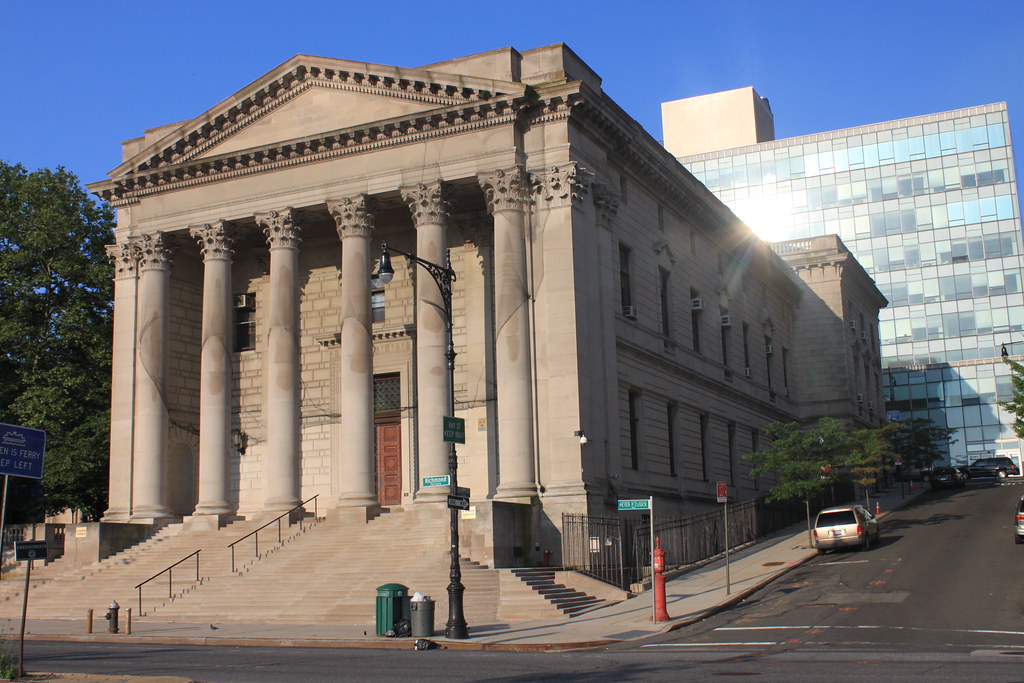What to do if you are arrested; police interrogation; DWI.
What Should I Do If I Am Arrested?
DO NOT RESIST ARREST. There is nothing to be gained by resisting arrest. It will only lead to additional, and possibly higher, charges. You also expose yourself to
potentially significant physical injury.
DO NOT ANSWER QUESTIONS. After arrest, the police will attempt to ask you questions. Respectfully decline to answer any questions and ask for an attorney. Once you ask for an attorney, the police are no longer able to continue questioning you. This is an extremely important step in legally defending yourself. Any answers to questions that you provide to the police will be conveyed to the prosecutor and will used against you in court. There are many people in prison because they told on themselves. DON’T BECOME A WITNESS AGAINST YOURSELF!
What Do I Do If A Detective/Police Officer Leaves A Business Card at My House?
Call an attorney immediately. Do not call the officer. In most instances where a member of law enforcement leaves their business card, they want you to call them, come to the precinct, answer questions, and then arrest you. Have the attorney contact the officer. In some instances, the police cannot make the case against you without your incriminating statement. By having the attorney call, you might not be arrested. If it the officer’s intention to arrest you, by having the attorney call the officer, law enforcement will not have your statement to use against you.
Will My Case Be Dismissed If the Officer Does Not Read Me My Rights?
No. The police only have to read you your “Rights,” or “Miranda Warnings” if they intend to question you after you’ve been arrested and use your answers against you in court. If you are questioned after being arrested, and the police do not read you your Rights, you attorney should make a motion to suppress your statements, preventing the prosecutor from using your statement against you.
What Happens Immediately After I Am Arrested?
After you are arrested, you will be taken to central booking, or a police station, where you will be photographed and fingerprinted. Frequently the arresting officer or a detective will attempt to interview you and take a statement, which most certainly will be used against you in a court proceeding at a later date. At this stage, the officer will be trying to gather further evidence against you. It is your right not to assist the officer in doing so. As I stated above, respectfully decline making any statements and ask for an attorney. All questioning of you by the officer must cease at that point. When the officer reads you your Miranda warnings and says that you have the right to remain silent and not answer any question, DO NOT ANSWER ANY QUESTIONS! When the officer further says that you have the right to an attorney, ASK FOR ANY ATTORNEY! Believe me, you will be glad you did.
While you are in custody, that is, “under arrest” the officer will speak with an assistant United States attorney, assistant district attorney, assistant county prosecutor/municipal prosecutor. A complaint stating the charges against you, supported by a sworn statement of facts, and signed by the officer, will be filed in court. You will then be brought before a judge or a magistrate and informed of the charges. A determination will be made by the judge or magistrate as to whether you will be release from custody, released with certain conditions that you must meet if released, cash bail set to ensure your return to court, or to hold you in jail. Needless to say, your first appearance before a judge or magistrate is significant and may very well be a determining factor in the outcome of your case. Make sure you have competent, experienced counsel at the beginning of your case.
If I have Been Drinking and A Police Officer Pulls Me Over and Asks Me If I’ve Been Drinking, What Do I Say?
Under these circumstances, never admit to drinking. Many people will respond by saying, “I only had one.” Such a statement gives the officer cause to believe that you are operating the vehicle under the influence of alcohol, allowing him to further conduct a roadside investigation, often leading to your arrest.
If I’m Arrested For DWI, Should I Blow Into the Breathalyzer?
It is a tough question, and one that is often determined by the circumstances. What frequently makes the decision to blow into the breathalyzer difficult is that one is usually impaired at some level by the consumption of alcohol.
In New York, if one refuses to take a breath or other chemical test, your licensed may be revoked for six months. In New Jersey, refusal to blow into the breathalyzer will result in additional charges with penalties similar to DWI. On the other hand, blowing into the breathalyzer only assists the police in gathering further evidence against you. Practically speaking, if you have consumed a significant amount of alcoholic beverage, declining to blow into the breathalyzer, and refusing to take the coordination test, is your best choice. If you are a person who can consume significant amounts of alcohol and maintain coordination, then refusing to take the breathalyzer but taking the coordination test may be your best path. If you have consumed only a limited amount of alcohol, you are perhaps best-off blowing into the breathalyzer, even if there is a reading which indicates intoxication and taking the coordination test.
What Are the Penalties for DWI in New York?
New York State: Penalties for alcohol or drug-related violations
What Are the Penalties for DWI in New Jersey?




